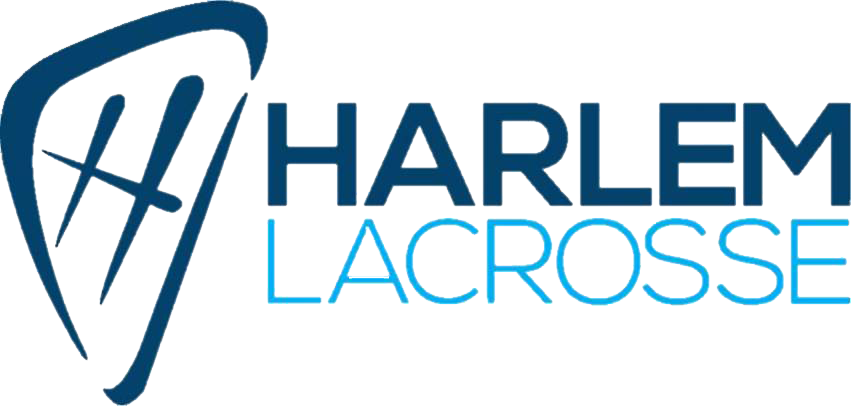The Long-Term Impact of COVID-19 on Educational Inequity
The recent New York Times article, As Schools Move Online, Many Students Stay Logged Out, pointed out some of the challenges that have been presented as a result of the transition to online learning. As we get farther into COVID-19 related school closures, the data is highlighting one of the many troubling aspects of the pandemic: the way that it is exacerbating the opportunity gap that was already a massive problem in our education system. Some schools, families and students have access to resources to minimize the disruption that school closures will have on their long-term academic achievement. Conversely, our most underserved students and schools--the group that Harlem Lacrosse was founded to serve--are at great risk of experiencing fundamental setbacks to their learning. This could have dire long-term consequences for these students and our communities. Supporting these students has never been more important.
We are seeing firsthand many of the same trends highlighted in this piece, as well as a few other challenges for our kids at Harlem Lacrosse. Reliable internet and device access are obvious problems which are made worse when families are sharing devices amongst many kids (and adults). Many of our students have resorted to completing their schoolwork between the hours of 1AM and 7AM because that is the only quiet time when they can focus and get on a device. This is obviously not conducive to optimal learning outcomes. Schools are in terribly difficult positions right now and many districts have moved to a pass/incomplete grading system. Aside from creating important measures of accountability, grades provide teachers and students critical feedback about what kids are learning. The absence of grades is making it harder for our best teachers to understand what kids are taking away from their class and to create lessons that are responsive to the needs of their students.
The effects of “unfinished learning” that will result from this period will have serious long-term consequences. Academic and cognitive skill development is meant to build on itself: each phase of learning is the foundation upon which the next phase is built. Falling behind in decimal and fraction operations makes it much harder to effectively learn algebra and falling behind in basic algebra makes pre-calculus an even more uphill battle. There are corollary dynamics in every academic subject area, and also in critical social emotional skills like self-discipline and leadership.
I am so proud of the work that our team is doing to combat these challenges and support Harlem Lacrosse student athletes right now. COVID-19 has put a spotlight on the most fundamental reason that we need to exist: to ensure that our kids are given every opportunity to overcome obstacles and reach their full potential. Thank you for being a part of our community and helping us be there for our kids and families when they need us the most.
